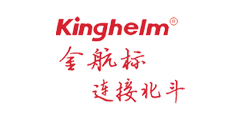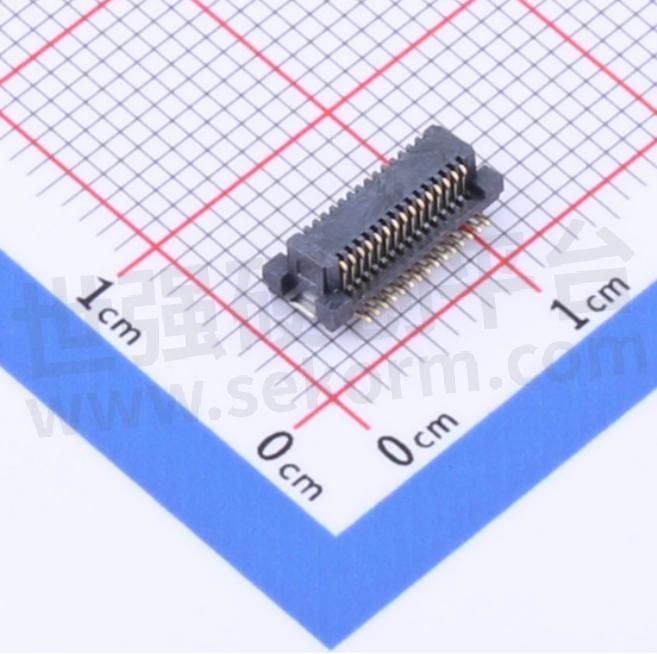Basic Performance of Board-to-Board Connectors

Board-to-board connectors, as indispensable key components in electronic devices, are responsible for electrical connection and signal transmission between circuit boards. The stability and reliability of their performance directly affect the normal operation of the entire system. The basic performance of board-to-board connectors can be categorized into three main types: mechanical performance, electrical performance, and environmental performance. This article will delve into these performance characteristics in detail.
Firstly, let's examine mechanical performance. Mechanical performance is the most intuitive performance manifestation of board-to-board connectors, mainly including insertion force and mechanical life. Insertion force refers to the force required during the insertion and extraction process of the connector. In practical applications, we often desire minimal insertion force to facilitate quick and easy connection operations. However, the extraction force needs to be moderate; too little force may result in unstable connections, while too much force may damage the connector. Mechanical life refers to the ability of the connector to maintain good connection functionality after a certain number of insertion and extraction cycles. This depends mainly on factors such as connector design, material selection, and manufacturing processes.
Electrical performance is another important indicator of board-to-board connectors. It mainly includes aspects such as contact resistance, insulation resistance, and dielectric strength. Contact resistance refers to the resistance between the connector contacts, directly affecting the quality and efficiency of signal transmission. High-quality connectors should have low and stable contact resistance to ensure the accuracy and stability of signal transmission. Insulation resistance measures the insulation performance between connector contacts and between contacts and the housing, determining the electrical safety of the connector in high voltage or high humidity environments. Dielectric strength refers to the ability of the connector to maintain its electrical performance stability when subjected to a certain voltage. This mainly depends on the connector's insulation materials and design structure.

Fig.1Kinghelm(fr.kinghelm.net) Board-to-board Connector KH-WB105-F30E-04L
In addition to mechanical and electrical performance, environmental performance is also a crucial aspect that cannot be overlooked in board-to-board connectors. Environmental performance primarily evaluates the connector's stability in various harsh conditions, such as high temperature, low temperature, high humidity, and vibration. An excellent connector should possess strong environmental adaptability, maintaining stable electrical connections and signal transmission in diverse and challenging environments.
In summary, the fundamental performance of board-to-board connectors encompasses multiple aspects including mechanical, electrical, and environmental performance. In practical applications, selecting the appropriate connector is essential to ensure the stable operation of the entire system according to specific requirements. Furthermore, as technology continues to advance, ongoing research and exploration of new materials, processes, and design methods are necessary to enhance the performance and quality of connectors, meeting the growing demands of electronic devices.
- +1 Like
- Add to Favorites
Recommend
- Kinghelm Board-to-board Connector KH-WB105-F30E-04L: Setting a New Benchmark for Electronic Device Connections
- What is Kinghelm ‘s Influence in the Industry?
- Kinghelm Introduces the KH-GPS080804-WY GPS Passive Ceramic Antenna: Revolutionizing Positioning Technology
- Kinghelm‘s KH-GPS/BD5056SMA-3M Automotive Positioning Antenna: Revolutionizing Navigation and Positioning
- What are Some Popular Pin Header Models Sold by Kinghelm? KH-2.54PH180-1X2P-L11.5, KH-2.54PH180-1X4P-L11.5...
- The Kinghelm‘s 2.4G WiFi Antenna KH0(2400)-K500611-JB with A Bandwidth of 100MHz, Providing Lightning-fast Speeds and Reliable Connectivity
- Kinghelm‘s KH1GBC-45 BeiDou/GPS External Antenna: Revolutionizing Positioning Technology
- What are the Popular Tactile Switches Sold by Kinghelm? Such as KH-6X6X5H-STM, KH-6X6X6H-STM, KH-6X6X6H-TJ
This document is provided by Sekorm Platform for VIP exclusive service. The copyright is owned by Sekorm. Without authorization, any medias, websites or individual are not allowed to reprint. When authorizing the reprint, the link of www.sekorm.com must be indicated.





























































































































































































































































































































































































































































































































































































































































































































































































































































































